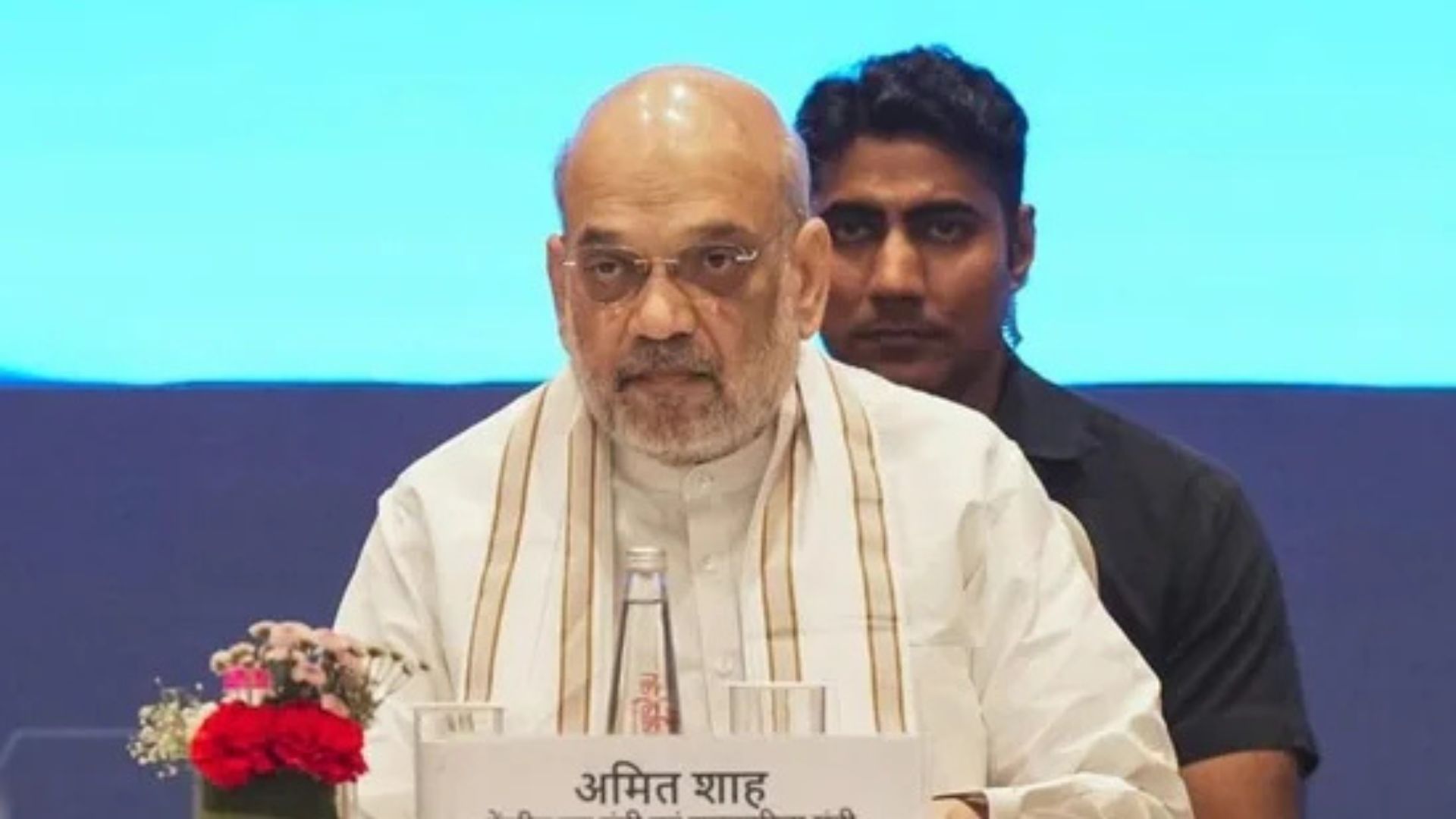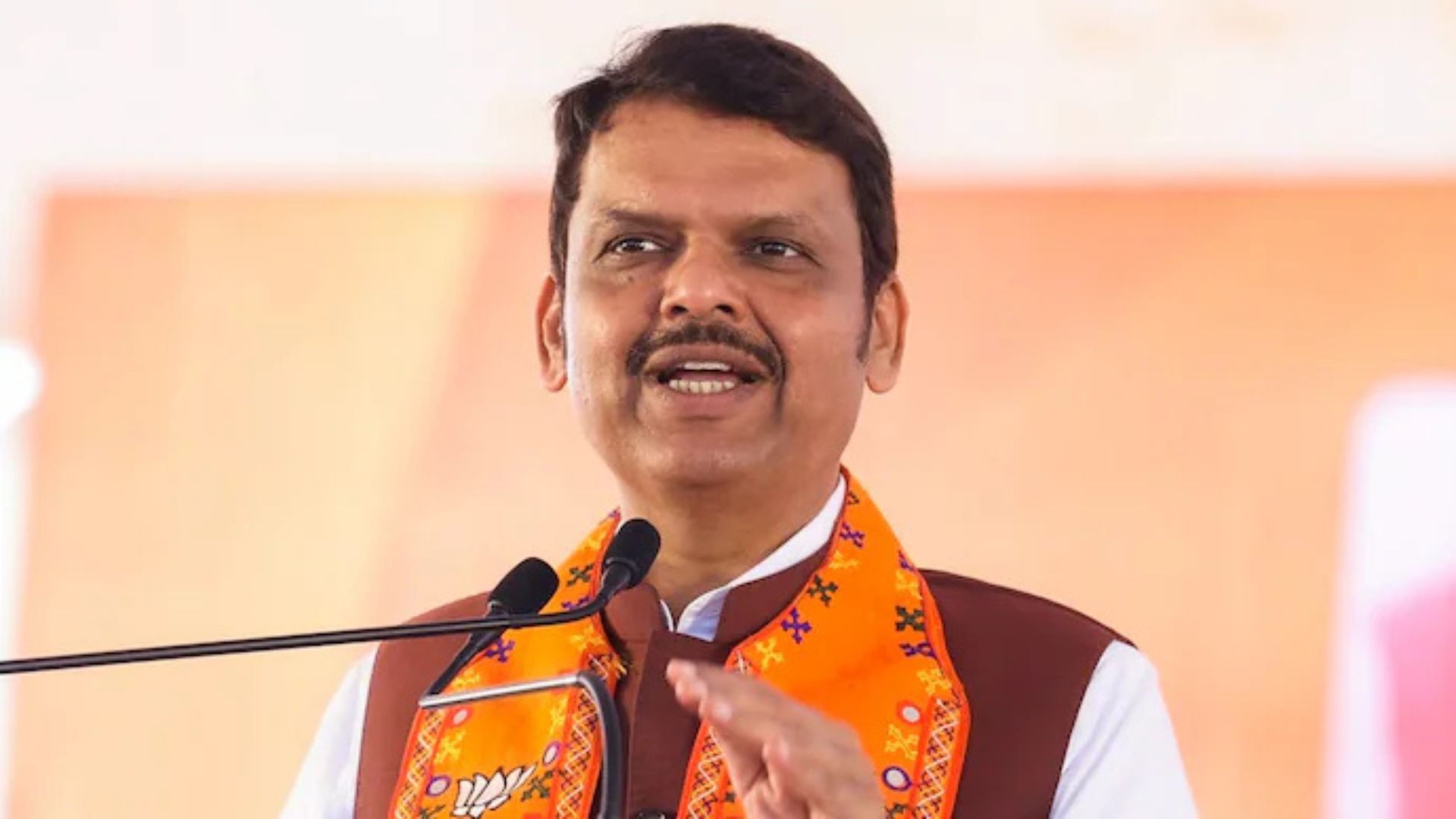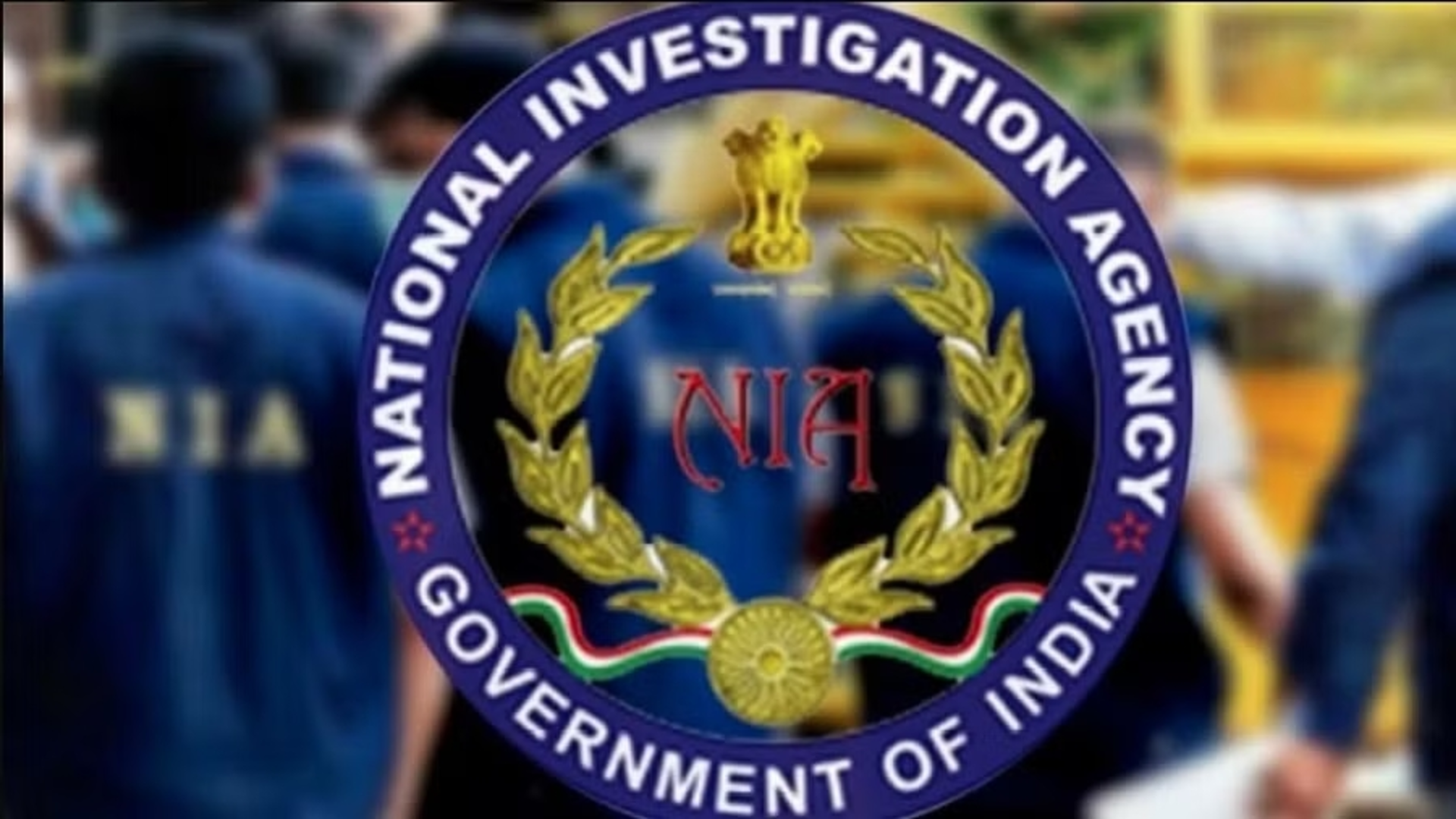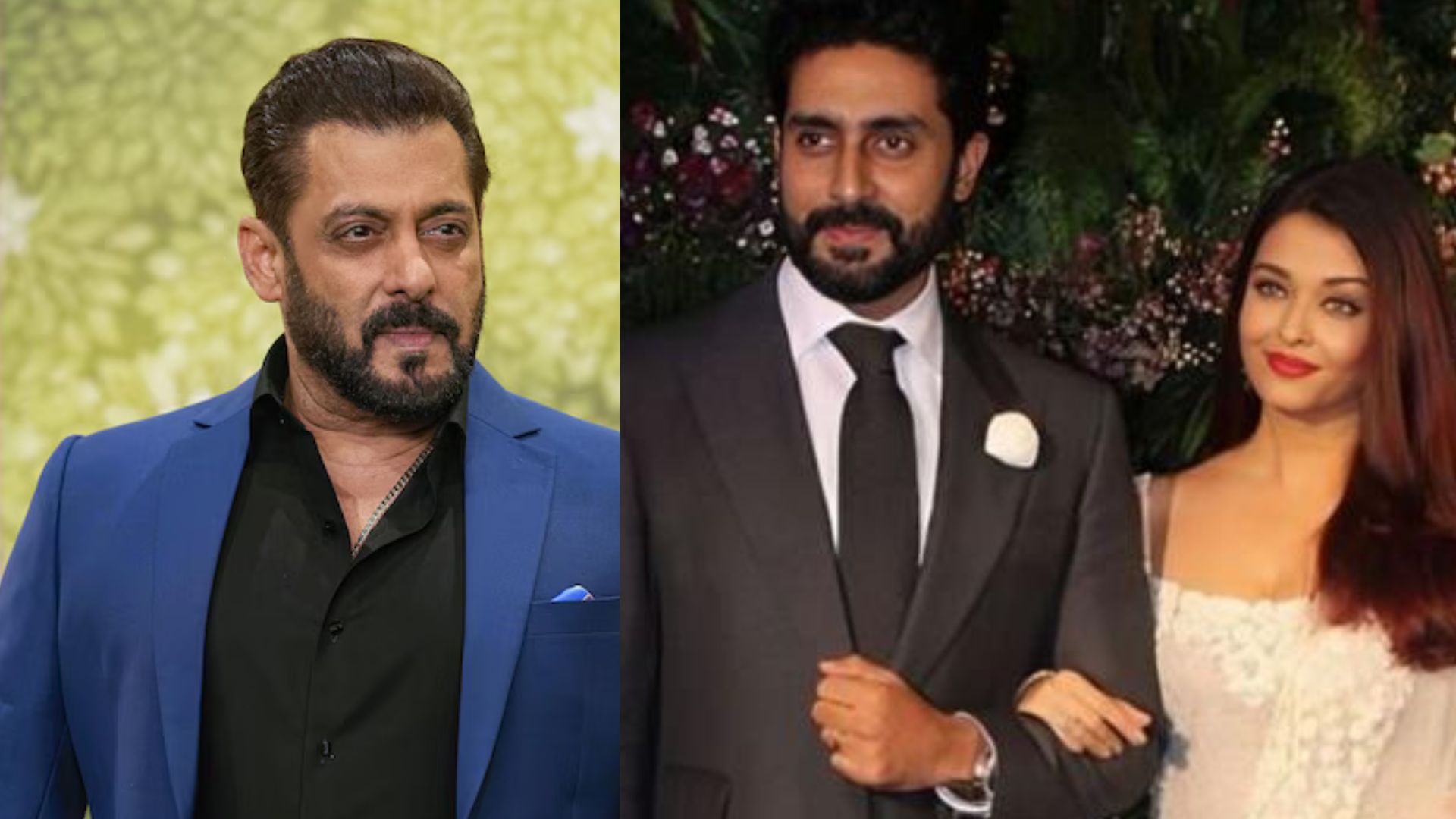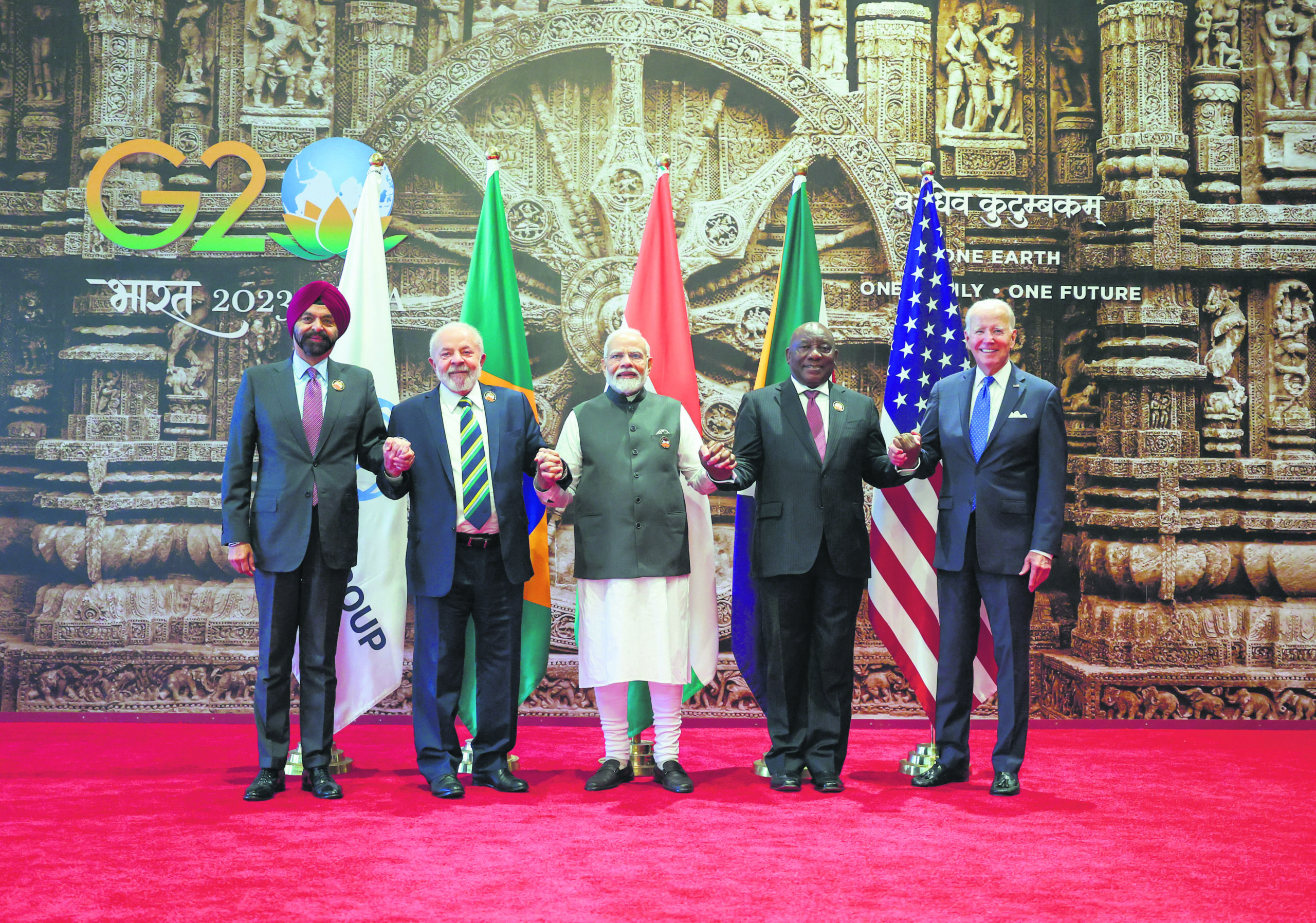
Recently I was in Pithoragarh where Prime Minister Narendra Modi asserted that the world acknowledged India’s power during the recently held G20 Summit and the nation’s voice is getting stronger across the globe in a world surrounded by challenges. During his speech PM Modi gave credit to the people of India who gave him a chance for a second time to serve the country. Last week I was in Britain and the Middle East to attend a few academic programs where I met people from diverse backgrounds. Everybody agreed that the last few years had witnessed an impressive growth of India as the champion of the global south.
Everybody was of the view that there was a need for more active Indian engagement with the messy regional politics within the developing world. As India’s G-20 Presidency concludes with the leaders’ summit, the world has witnessed New Delhi’s remarkable foray into global leadership and its pivotal role in reshaping international diplomacy. In an era marked by growing major power rivalries and the erosion of multilateral institutions, India has breathed new life into the G-20, making it a focal point of global attention. Never before G-20 was considered so important. This comes at a time when many other multilateral platforms are grappling with diminishing relevance, a reflection of both the shifting global order and the failure of these institutions to adapt to contemporary challenges.
I recall that while taking charge of the G20, Prime Minister Modi had said, “India is taking charge of the G20 at a time when the world is simultaneously facing geopolitical tensions, economic slowdown, rising food and energy prices and the long-term consequences of the pandemic. Leaders across the world were impressed that India had given a lot of priority to “women-led development” in its G20 agenda, inspired by the recently unveiled theme “One Earth, One Family, One Future”.
Living up to the expectations of the entire world, India hosted nearly 200 G20 meetings at various places across the country, showcasing its geographical and cultural diversity. Several meetings were held in Uttarakhand as well. With India’s G20 presidency ensuring many concrete outcomes, world leaders at the summit praised Prime Minister Narendra Modi for his “decisive leadership” and championing the voice of the global South. Many world leaders including America, Britain, Australia, Mauritius, and Japan praised India for its leadership role. Hailing Prime Minister Modi for his hospitality and for chairing a successful summit, everybody appreciated the message of “Vasudhaiva Kutumbakam” based on Indian values resonated strongly with all the delegates.
India’s ascent to global leadership, as exemplified by its G-20 Presidency and its expanding engagement in international affairs, is a reflection of its commitment to shaping a new world order. It demonstrates India’s dedication to addressing contemporary global challenges and actively participating in efforts for peace, stability, and development. Its journey is underscored by the stability of its democratic foundations, meticulously laid by its founding leaders and constitution writers.
India actively participates in numerous international organizations, holding a non-permanent seat on the United Nations Security Council, a testament to its widespread international recognition. Notably, India’s evolution from a recipient of foreign aid to a contributor and its attainment of trillion-dollar economic status in 2008 highlight its remarkable growth trajectory. India plays a pivotal role in international efforts aimed at peace, financial stability, and free trade, particularly in South Asia.
It actively participates in infrastructure development initiatives in neighboring nations and is committed to assisting less developed countries through initiatives like the South-South cooperation. The India-Africa e-network project, connecting 53 African nations with e-education and telemedicine services, exemplifies India’s global outreach efforts. Its dedication to capacity building and infrastructure development has earned international acclaim, reaffirming its status as a global leader in the 21st century.
Despite challenges from major powers, India is signaling its readiness and capability to surmount obstacles and take on this influential role. Prime Minister Modi has been a powerful leader since coming to power in 2014 by winning the Lok Sabha elections with an overwhelming mandate. All these years he has clearly conveyed a strong message: “We are not here for a position but for a responsibility”. From Chief Ministers, bureaucrats, and party officials to MPs, we see everyone standing in the queue dedicatedly to the best of their ability.
India has risen as a prominent global leader, marked by its multifaceted development and active involvement in global affairs. It stands out with its stable democratic foundations, which were meticulously laid by its founding leaders and constitution writers. India actively participates in numerous international organizations and currently holds a non-permanent seat on the United Nations Security Council, garnering widespread international recognition. Notably, India’s evolution from a recipient of foreign aid to a contributor, achieving a trillion-dollar economic status in 2008, underscores its remarkable growth trajectory.
India plays a pivotal role in international endeavours focused on peace, financial stability, and free trade, particularly in South Asia, and actively participates in infrastructure development initiatives in neighboring nations. Its engagement in the South-South cooperation initiative reflects its commitment to assisting less developed countries. The India-Africa e-network project, connecting 53 African nations with e-education and telemedicine services, exemplifies India’s global outreach efforts. India’s dedication to capacity building and infrastructure development has earned it international acclaim, affirming its status as a global leader.
India’s remarkable rise as a global leader is driven by multiple factors, including its burgeoning economy, demographic advantage, steady GDP growth, political stability, technological advancements, strategic location, cultural influence, and commitment to sustainability.
The booming Indian economy, ranked among the world’s top five, has become an attractive hub for investment and business. India’s youthful population, with a median age of approximately 28 years, offers significant potential for economic growth and innovation.
The nation’s consistent GDP growth, supported by increased consumer demand, infrastructure development, and a growing middle class, has been instrumental in its global emergence. India’s stable multi-party democracy and peaceful transitions of power have provided a conducive environment for long-term planning, attracting international investors and partners.
The country’s contributions to technology, research, and development, particularly in IT and AI, are noteworthy, and its strategic geopolitical position in South Asia contributes to regional stability and diplomacy.
Additionally, India’s rich cultural heritage and commitment to sustainability further reinforce its growing influence on the global stage. I strongly feel that India’s journey as a global leader is marked by resilience, adaptability, and a steadfast commitment to progress, positioning it has become a very significant player in international affairs. Be it strengthening the foreign policy or launching welfare schemes for the lower income group, Team Modi is working tirelessly day and night to meet the expectations of the people and make India a world power.
Former Education Minister India and Former Chief Minister Uttarakhand
